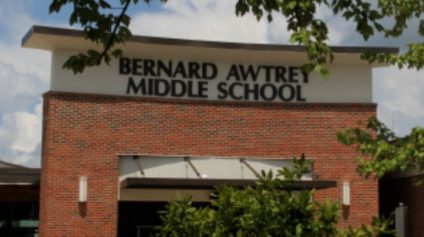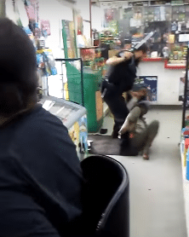For decades Georgia has welcomed thousands of refugees fleeing violent persecution in war-torn countries.
They have come from Myanmar, Bhutan, Iraq, Somalia and many other countries.
But since last year, Gov. Nathan Deal has been asking the federal government to substantially cut the numbers coming to Georgia, according to documents obtained by The Atlanta Journal-Constitution. State officials are citing state and local taxpayer costs associated with taking in the refugees, school budget shortfalls and other concerns.
Critics counter that Georgia has it backward. They say the private agencies that help resettle refugees attract millions of dollars in federal funding and private contributions, creating a net gain for Georgia. They add that refugees – who are given legal status when they come to the U.S. — quickly become self-sufficient, pay taxes and start businesses here.
Georgia started asking for fewer refugees a year after Deal signed into law legislation aimed at driving illegal immigrants out of the state. Critics said they see an ideological pattern of hostility to immigrants. State officials denied a connection, saying they want to be more involved in deciding where the refugees are resettled.
Following Georgia’s requests, the U.S. State Department reduced the number of refugees projected to be resettled in Georgia by more than 20 percent for this fiscal year, from the 3,520 proposed by resettlement agencies to 2,798. However, that would represent an 8 percent increase over the 2,582 refugees – including Iraqis on special immigrant visas — who resettled in Georgia last fiscal year.
Georgia now ranks seventh among states for the number of refugees it has taken in over the last six years, with a total of 16,090, according to an AJC analysis of public records. That hews closely to Georgia’s ninth-place ranking for total population.
The vast majority of the refugees have resettled in the Atlanta area, mostly in DeKalb County.
Among them is Aden Hussein, who, came to the United States as a refugee from Somalia in 1993. He obtained his U.S citizenship and now owns Halal Pizza and Cafe, just south of Clarkston in DeKalb. It is located in a strip mall nicknamed “Little Somalia” for the dozens of Somali refugees who have opened businesses there.
Hussein’s restaurant sells pizza and cheeseburgers along with traditional Somali food, including sambusas, triangle-shaped pastries stuffed with meat. He employs six workers, buys his supplies from DeKalb stores and pays local, state and federal taxes.
He said Georgia shouldn’t overlook the contributions he and other refugees make. “They don’t know the facts,” he said. “We believe we are contributing economically and socially. We are part of the community.”
Read more: AJC


